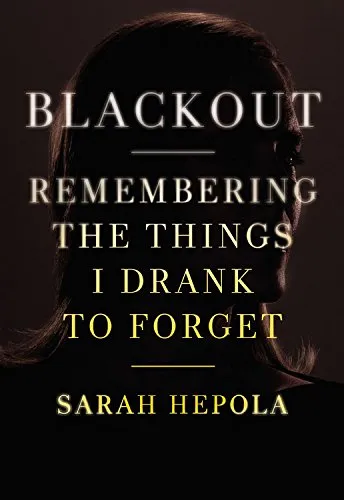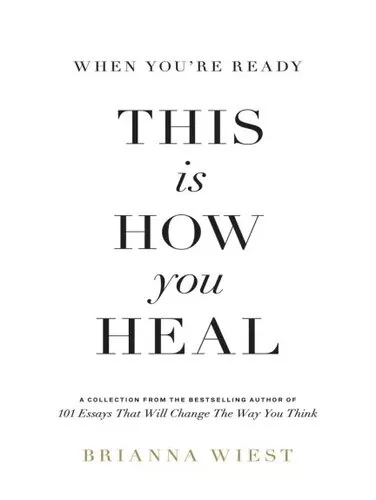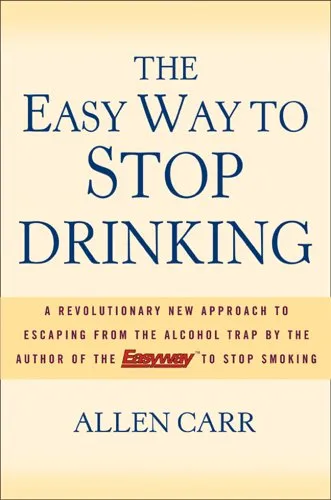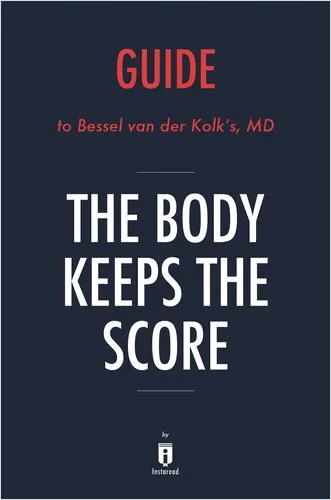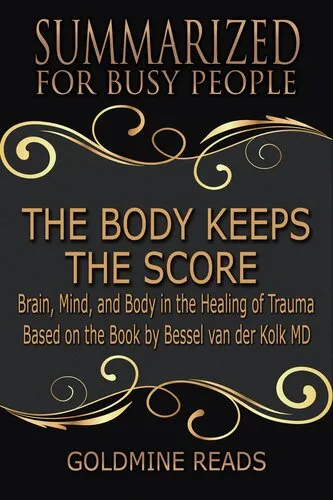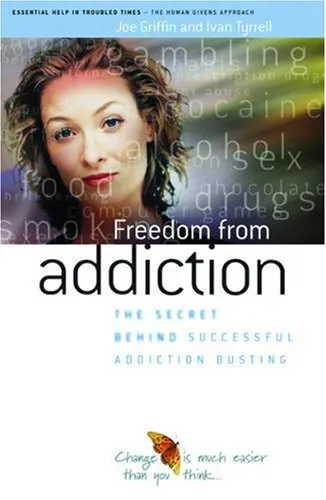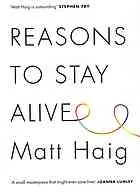Blackout: Remembering the Things I Drank to Forget
4.4
Reviews from our users

You Can Ask your questions from this book's AI after Login
Each download or ask from book AI costs 2 points. To earn more free points, please visit the Points Guide Page and complete some valuable actions.Related Refrences:
Introduction to "Blackout: Remembering the Things I Drank to Forget"
Sarah Hepola’s memoir, "Blackout: Remembering the Things I Drank to Forget," is an unflinchingly honest and deeply personal exploration of addiction, vulnerability, and the untidy path to self-discovery. At once tragic, humorous, and enlightening, the book dives into the devastation wrought by Hepola’s drinking habit and her eventual journey toward sobriety. This is not merely a tale of addiction; it’s a universal human story about denial, shame, courage, and transformation.
With a writing style that is sharp, witty, and sincere, Hepola takes the reader on a journey through her years of excessive drinking, punctuated by frequent memory blackouts. These blackouts are both literal, as in the gaps in her recollection, and metaphorical, representing a fuller picture of how alcohol clouded her ability to live authentically. With equal parts grit and grace, Hepola sheds light on what it means to lose oneself and, importantly, to find oneself again. This celebrated memoir resonates with anyone who has ever grappled with self-doubt, overindulgence, or the search for purpose.
Detailed Summary of the Book
The book opens by capturing the allure alcohol had for Hepola during her younger years. Like many, she associated drinking with freedom, connection, and fun—a way to loosen the confines of an awkward, self-conscious personality. For Hepola, drinking unlocked her confidence, filled her with a sense of boldness, and became inextricably tied to her social and professional identity. However, what begins as casual indulgence spirals into an uncontrollable dependency that steals more than it gives.
Hepola recounts stories of her life being derailed by blackouts—those haunting periods where hours or entire evenings vanish entirely from memory. She writes candidly about the shame and confusion she experienced waking up in strange places, often alongside strangers, with no recollection of how she got there. While these moments are deeply unsettling, Hepola manages to inject humor into her storytelling, finding levity amidst the heavier themes.
Eventually, the cracks in her façade begin to spread, and Hepola comes face-to-face with the harsh realities of her addiction. For years, she had clung to an illusion of control, but a series of personal and professional losses forces her to confront the truth. This moment of reckoning launches her down the rocky road to recovery, where she discovers that sobriety demands far more than merely quitting alcohol—it requires confronting the underlying wounds and fears that fueled her drinking in the first place.
Throughout the memoir, Hepola illustrates the complexities of recovery. It’s not a straight line, but a messy, unpredictable process of trial and error. She grapples with doubts and setbacks, but ultimately finds empowerment in reclaiming her life. By the end of the book, Hepola emerges not as someone who has all the answers, but as someone who has learned to embrace imperfection and live authentically, one day at a time.
Key Takeaways
- Alcohol dependency and blackouts can manifest in ways that are often ignored or normalized in society, but they can have profound consequences on one’s life.
- Sobriety is not just the act of giving up alcohol; it involves confronting and healing from past traumas and fears.
- Recovery is a non-linear process, filled with setbacks and small victories.
- Humor and honesty are critical tools for understanding and dismantling difficult life patterns.
- There is immense power in vulnerability and resilience in starting over, no matter how far one has fallen.
Famous Quotes from the Book
- "It’s amazing how easy it is to lie to yourself under the guise of self-preservation."
- "For a long time, I believed that comfort was the goal. Comfort was the prize. Comfort was the thing it was all about. But it wasn’t. Comfort was killing me."
- "My memory is full of holes, like a torn net that can’t hold anything secure."
- "You don’t realize how much you miss the sound of your own voice until you hear it again."
- "Pain is what we carry in our minds, in our burdens, in our fears—our unwillingness to let it go and move forward."
Why This Book Matters
"Blackout: Remembering the Things I Drank to Forget" is more than a memoir—it’s a cultural touchstone in the conversation around addiction and sobriety. Hepola’s storytelling gives a voice to an often-stigmatized struggle, showing readers that addiction doesn’t look the same for everyone and that vulnerability is a pathway to healing. Her humor, wit, and ability to articulate the raw pain of addiction make this book accessible and heartfelt, resonating with those who grapple with similar challenges or want to understand more about the experience.
Importantly, Hepola emphasizes that recovery is not about perfection. It’s about finding the courage to face oneself, to embrace flaws, and to work every day toward a better life. In a world that often glamorizes drinking, this book is a sobering reminder of the hidden costs and a heartfelt guide to reclaiming one’s narrative.
Whether you’ve faced addiction yourself, love someone who has, or are simply curious about the transformative power of self-discovery, "Blackout" is an inspiring and necessary read.
Free Direct Download
You Can Download this book after Login
Accessing books through legal platforms and public libraries not only supports the rights of authors and publishers but also contributes to the sustainability of reading culture. Before downloading, please take a moment to consider these options.
Find this book on other platforms:
WorldCat helps you find books in libraries worldwide.
See ratings, reviews, and discussions on Goodreads.
Find and buy rare or used books on AbeBooks.
1424
بازدید4.4
امتیاز0
نظر98%
رضایتReviews:
4.4
Based on 0 users review
Questions & Answers
Ask questions about this book or help others by answering
No questions yet. Be the first to ask!
